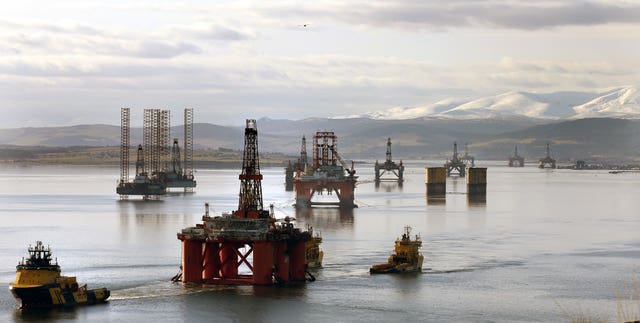The North Sea Transition Authority says the industry has been able to cut £15 billion from the bill since 2017.
04 August 2022
The cost of decommissioning North Sea oil and gas infrastructure has fallen by 25% to £44.5 billion over the last five years, according to estimates from the industry regulator.
The North Sea Transition Authority (NSTA) says the industry has been able to cut £15 billion from the total bill since 2017.
Decommissioning work on oil and gas infrastructure is expected to continue beyond 2060, with more than £1 billion spent on decommissioning each year until 2042.
The work is required by law but has long been an expensive and lengthy process.
The NSTA says companies in the sector have been able to make huge savings by carrying out projects more efficiently.
In 2021, the total spend on decommissioning work was £1.2 billion, lower than the forecast £1.4 billion partly due to the impact of coronavirus.


Decommissioning spend is expected to ramp up to a peak of more than £2.5 billion per year over the next two decades.
The regulator is encouraging North Sea operators to continue progress in reducing costs and prevent inflation from driving up the price.
Pauline Innes, head of decommissioning at the NSTA, said: “Delivering potential savings of £15 billion during a short period marked by extremely turbulent economic conditions should give the sector confidence as it looks to the future.
“The decommissioning market is worth tens of billions of pounds in the UK alone.
“Our industry is demonstrating that it can complete projects safely, efficiently and economically in the North Sea, and that places it in a strong position to compete for what is a big international prize.
“The sector must not lose focus and allow inflation to drive up prices. Now is the time to build on the progress already made.
“The NSTA is determined to help the sector pick up momentum, including through the introduction of new estimates and targets.”



